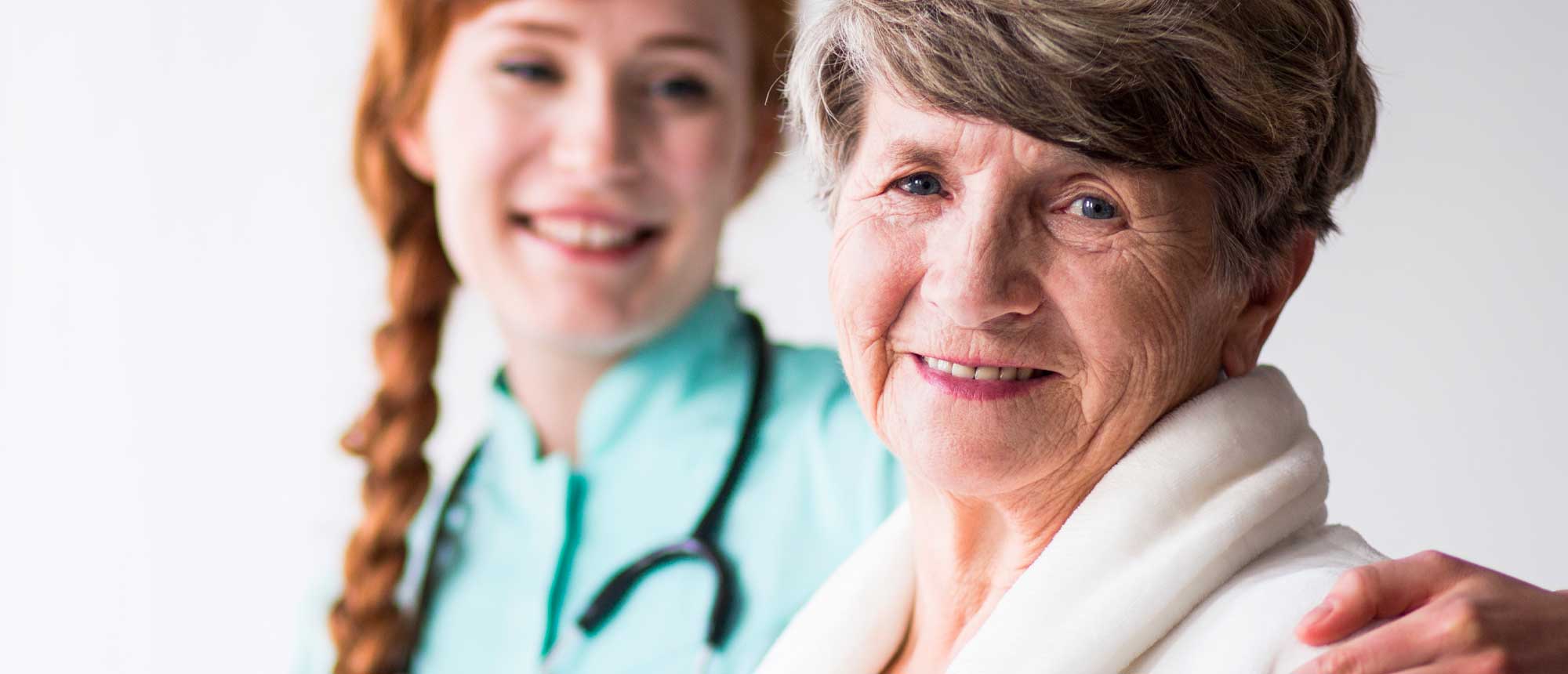31 Jan When Do You Know It’s Time To Get In-Home Senior Care?

Deciding whether or not it is time to get in-home healthcare for loved ones can be tough. According to an AARP study, 90% of seniors want to stay in their own home. So how do you know when it is time? There are many questions that are most likely racing through your mind, like what signs should I look for or how will I know it is time. These are very reasonable questions to be thinking. The best place to start is to look at activities of daily living (ADLs) and instrumental activities of daily living (IADLs).
Activities of daily living (ADLs) are the things that we do every day. Some examples of these are:
- Feeding
- Dressing
- Bathing
- Eating
- Hygiene
ADLs are your basic self-care tasks. When considering if it is time for in-home senior care, take a look at a few of these tasks and see if your loved one is struggling with any of these daily tasks. In order for seniors to have a good quality of life, they need to be able to take care of these basic life skills. If you see that they are struggling with them, then it might be time to consider in-home senior care.
If, however, you feel that your loved one is able to function with their ADLs but are still concerned, then dig a little deeper and look at their Instrumental activities of daily living (IADLs). IADLs are multifaceted skills that allow you to live your life independently in society. Some examples of these are:
- Cooking meals
- Paying bills or managing finances
- Grocery shopping
- Cleaning
- Driving
- Taking medication
If your loved one is having a difficult time with any of these IADLs, then looking into in-home healthcare would probably be best. As seniors age, eye sight tends to fade, there is possibility for hearing loss, and some seniors can develop dementia. With any of these issues, seniors may struggle with their IADLs. Having someone to help out with the grocery shopping, cooking, or driving could be all the difference in the world.
In-home care is a viable option so that your loved one can maintain their independent living while giving you peace-of-mind that they are being taken care of, and taken care of well. Always look into their ADLs and IADLs. When these start to falter, seniors could be putting themselves in danger. Make sure your loved one has their personal care taken care of, everyday needs met, and quality of life is embraced.



